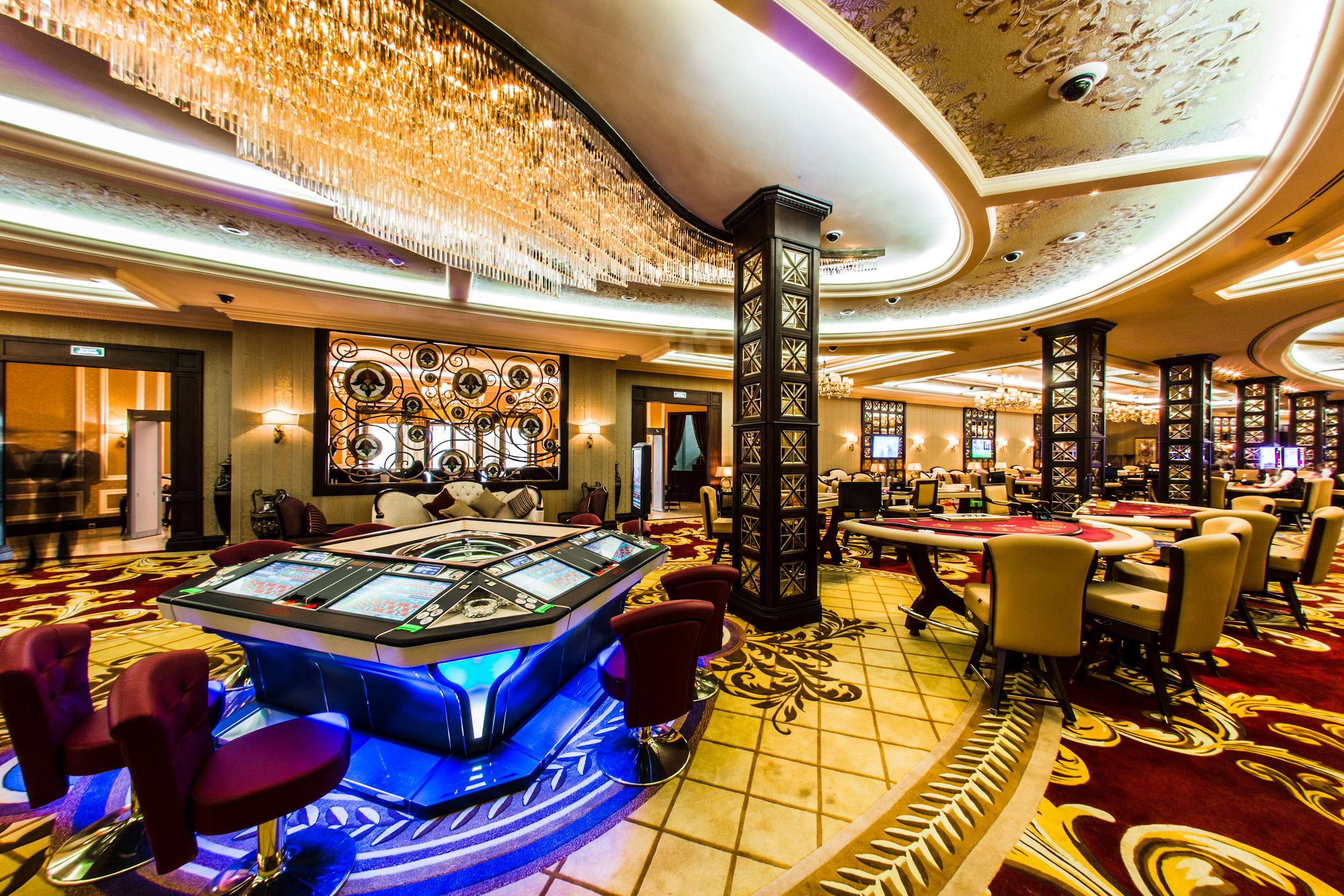Casino games have long captivated a wide range of players, providing not only the thrill of chance but also a distinct experience crafted for diverse types of players. Including analytical thinkers who succeed through strategic thinking to recreational players in search of entertainment, casinos recognize the subtleties of their audience and create games that meet these differing interests.
In investigating the universe of casino gaming, we find a diverse array of options that attract players of all kinds. High-stakes poker tables attract those who are competitive, while colorful slot machines attract individuals in search of immediate satisfaction. Whether it’s about the chance to win big or simply relishing the social environment, casinos create their game offerings to ensure that everyone finds a spot where they feel comfortable and engaged. Recognizing how these games are tailored to various player types can enhance not only our understanding of them but also our approach to choosing which games to play.
Grasping Gamer Types
In the diverse world of gaming games, players can be categorized into distinct kinds based on their drives and choices. These player kinds range from the laid-back and community-oriented gamers, who enjoy the enjoyment value and community connections that gambling provides, to the more tactical and analytical players, who seek to increase their chances and gains. Understanding these distinct kinds is essential for casinos to adapt their games and create immersive experiences.
One common category is the communal player, who considers casino games as a form of group interaction and enjoyment rather than a high-stakes gambling pursuit. These participants often enjoy games that encourage engagement and friendship, such as poker. Their focus is on the experience rather than the result, so lively settings and collective moments are what they cherish the most.
On the other end of the range, tactical players are inspired by competition and the quest of expertise. They tend to be drawn toward games that necessitate strategic thinking and strategy, such as poker, where their competencies can influence the result. This type often involves with the games on a deeper level, utilizing knowledge and tactics to achieve an edge. Grasping these drives allows casinos to design settings and game selections that suit to each participant’s unique likings.
Game Design Strategies
Casino games are created with varied player types in mind, employing various strategies to attract and capture them. For recreational players, the focus is on ease and ease of understanding. Games like slots are frequently visually appealing with straightforward mechanics. This allows players to enjoy the experience without a difficult learning curve, fostering an inviting atmosphere. The bright colors, engaging audio, and themes create a fun environment where players can quickly get involved and entertained.
For tactical players who enjoy a more profound level of involvement, games such as Texas Hold’em and blackjack offer complexity and strategic elements. These games feature strategy and decision-making, appealing to players who thrive on competition and want to exercise their cognitive abilities. The design of these games regularly includes intricate rules and mechanics that test players to hone their skills and develop strategies over time, creating a rewarding experience for those who enjoy mastering the game.
Additionally, social players are catered to through games that highlight engagement and community. This comprises live casino options and multiplayer games, which cultivate a sense of camaraderie among players. The design of these games typically incorporates chat features and communal aspects, allowing players to interact and exchange insights. By building an environment where interaction is promoted, casinos can effectively engage community players, making the gaming experience more enjoyable and memorable.
Enhancing Participant Experience
Betting games have advanced notably to provide a significantly engaging atmosphere for participants. Application designers focus on high-quality images, dynamic audio effects, and novel game mechanics that engage participants into the casino atmosphere. By leveraging tech, such as immersive technology and enhanced reality, gaming establishments ensure that participants feel as if they are part of a dynamic atmosphere, enhancing not only the fun of the titles but also the complete satisfaction of being in a betting establishment.

Social interaction is another key factor in enhancing player experience in casino games. Numerous titles are designed to facilitate interaction among players, whether through team play or messaging options. This interactive component attracts players who enjoy connecting with others while engaging, fostering a community vibe community. Moreover, social features can consist of scoreboards, tournaments, and incentives for team engagement, which engage ambitious participants and encourage them to revisit for more. bong88vn.design
Lastly, customization plays a pivotal role in tailoring the interaction for various gamer demographics. Gaming establishments and title creators study gamer activities and tastes to present personalized gaming recommendations and incentives. By grasping the distinct tastes of gamers, betting venues can provide tailored promotions, rewards, and new game releases that satisfy each individual, thus boosting their complete engagement and commitment to the gaming venue.